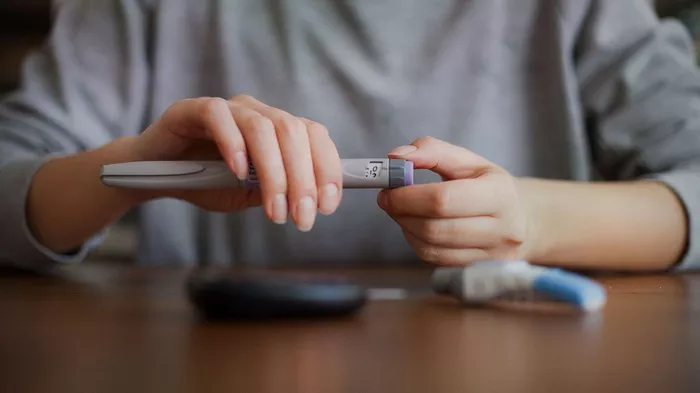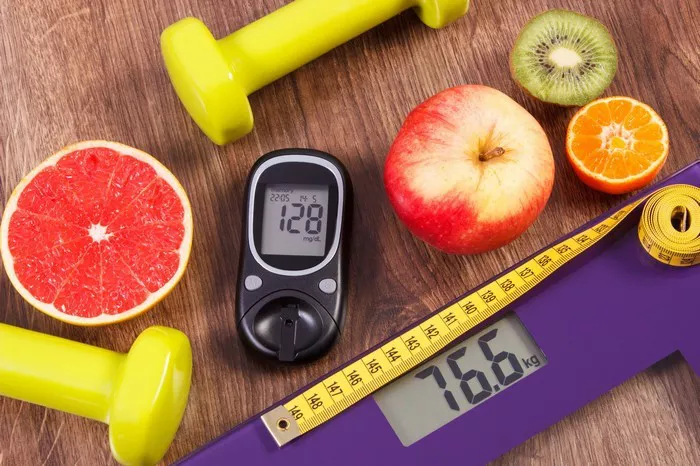Hypoglycemia, or low blood sugar, is a common condition among individuals with diabetes, particularly those who use insulin or certain oral medications. Understanding how to prevent hypoglycemia is crucial in managing diabetes effectively and maintaining overall health. This article delves into the strategies and practices that can help prevent hypoglycemia, ensuring a balanced and safe approach to diabetes management.
Understanding Hypoglycemia
Hypoglycemia occurs when blood sugar levels drop below 70 mg/dL. This can lead to symptoms such as shakiness, sweating, confusion, dizziness, and even loss of consciousness. Chronic or severe hypoglycemia can have significant consequences on an individual’s health, making prevention a top priority for those managing diabetes.
Recognizing the Causes of Hypoglycemia
The first step in preventing hypoglycemia is understanding its causes. Several factors can contribute to low blood sugar levels, including:
Medication Errors:
- Taking too much insulin or other diabetes medications.
- Misjudging the timing of medication administration.
- Changes in medication types or dosages without proper adjustment of food intake or activity levels.
Dietary Factors:
- Skipping meals or not eating enough carbohydrates.
- Delaying or altering meal times.
- Consuming alcohol without adequate food intake.
Physical Activity:
- Exercising more intensely or longer than usual.
- Not adjusting food intake or medication for increased activity levels.
Other Health Conditions:
- Illnesses, especially those involving vomiting or diarrhea.
- Hormonal changes or imbalances.
- Chronic kidney disease.
Monitoring Blood Sugar Levels
Regular monitoring of blood sugar levels is crucial in preventing hypoglycemia. This involves:
Frequent Testing:
- Use a blood glucose meter to check levels multiple times a day, especially before and after meals, before bedtime, and during the night if necessary.
- Continuous glucose monitors (CGMs) can provide real-time readings and trends, alerting to impending hypoglycemia.
Keeping a Log:
- Maintain a detailed log of blood sugar readings, medication doses, food intake, and physical activity. This helps identify patterns and potential causes of low blood sugar.
Adjusting Based on Readings:
- Make necessary adjustments to diet, medication, and activity levels based on blood sugar readings and trends.
- Consult with a healthcare provider to make informed adjustments to treatment plans.
Dietary Strategies
A well-balanced diet is key to preventing hypoglycemia. Consider the following strategies:
Regular Meals and Snacks:
- Eat at regular intervals to maintain steady blood sugar levels.
- Include snacks if meals are more than four hours apart or if engaging in physical activity.
Balanced Carbohydrate Intake:
- Distribute carbohydrate intake evenly throughout the day.
- Opt for complex carbohydrates that provide a gradual release of glucose, such as whole grains, fruits, and vegetables.
Avoiding Alcohol on an Empty Stomach:
- Alcohol can cause hypoglycemia, especially when consumed without food.
- If drinking alcohol, do so in moderation and with a meal or carbohydrate-containing snack.
Medication Management
Proper medication management is essential in preventing hypoglycemia. This includes:
Correct Dosage:
- Follow the prescribed dosage and timing for insulin and other diabetes medications.
- Use insulin as prescribed and avoid mixing up short-acting and long-acting types.
Timing of Medications:
- Coordinate medication timing with meals and physical activity.
- Adjust medication timing based on changes in routine, such as meal schedules or exercise plans.
Adjusting for Activity Levels:
- Reduce medication doses on days with increased physical activity, after consulting with a healthcare provider.
- Consider a temporary reduction in basal insulin or adjusting mealtime insulin doses.
Exercise and Physical Activity
Physical activity is beneficial for diabetes management but requires careful planning to prevent hypoglycemia:
Pre-Exercise Snacks:
- Consume a carbohydrate-containing snack before exercise if blood sugar levels are low or if exercise is planned after a meal.
Monitoring During Exercise:
- Check blood sugar levels before, during, and after exercise.
- Carry fast-acting carbohydrates, such as glucose tablets or juice, to treat any potential hypoglycemia.
Post-Exercise Considerations:
- Be aware that exercise can lower blood sugar levels for several hours afterward.
- Adjust insulin doses and monitor blood sugar closely post-exercise.
Managing Illness and Stress
Illness and stress can affect blood sugar levels, making hypoglycemia prevention more challenging:
Sick Day Management:
- Monitor blood sugar levels more frequently when ill.
- Maintain fluid intake and consume carbohydrate-containing fluids if unable to eat solid foods.
Stress Reduction Techniques:
- Engage in stress-reducing activities such as yoga, meditation, or deep breathing exercises.
- Be mindful of how stress affects eating habits and medication adherence.
Education and Support
Education and support are vital components of hypoglycemia prevention:
Diabetes Education:
- Participate in diabetes education programs to stay informed about managing the condition.
- Learn about the symptoms, causes, and treatment of hypoglycemia.
Support Systems:
- Establish a support network of family, friends, and healthcare providers.
- Educate those close to you about recognizing and treating hypoglycemia.
Emergency Preparedness:
- Wear a medical ID bracelet indicating diabetes and potential for hypoglycemia.
- Carry a glucagon kit and ensure that those around you know how to use it in an emergency.
See also: What’s Reactive Hypoglycemia in Non-Diabetics
Conclusion
Preventing hypoglycemia requires a proactive and comprehensive approach involving regular blood sugar monitoring, proper medication management, balanced diet, physical activity adjustments, and education. By understanding the causes and implementing these strategies, individuals with diabetes can significantly reduce the risk of hypoglycemia and maintain better overall health.
Related topics:
What are Medications for the Treatment of Hypoglycemia
What’s the Role of Water in Managing Hypoglycemia
What’s the Connection of Chronic Kidney Disease and Hypoglycemia


























